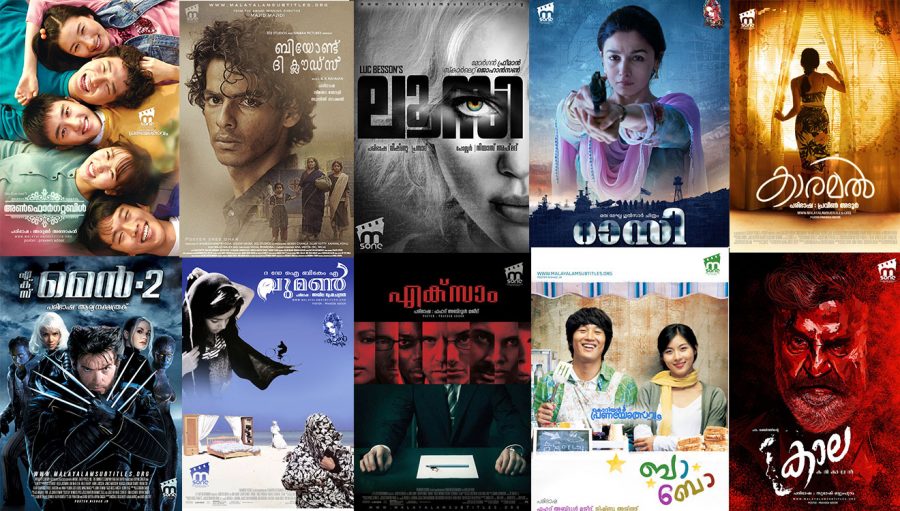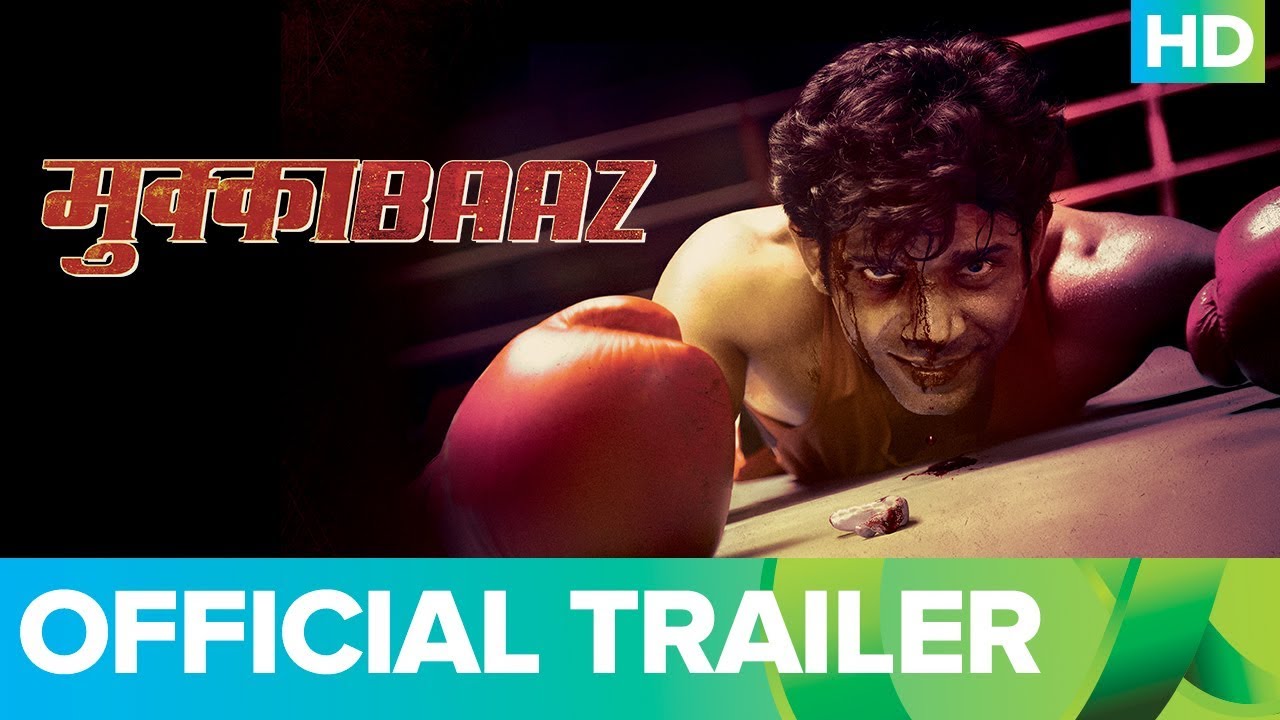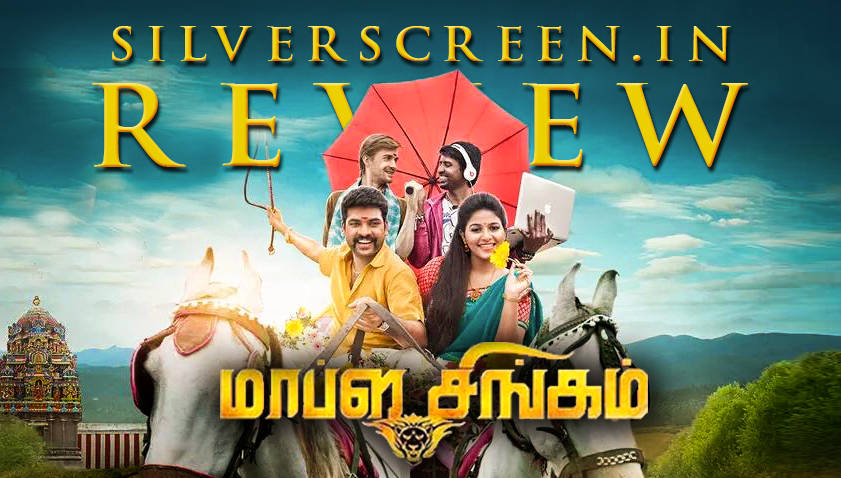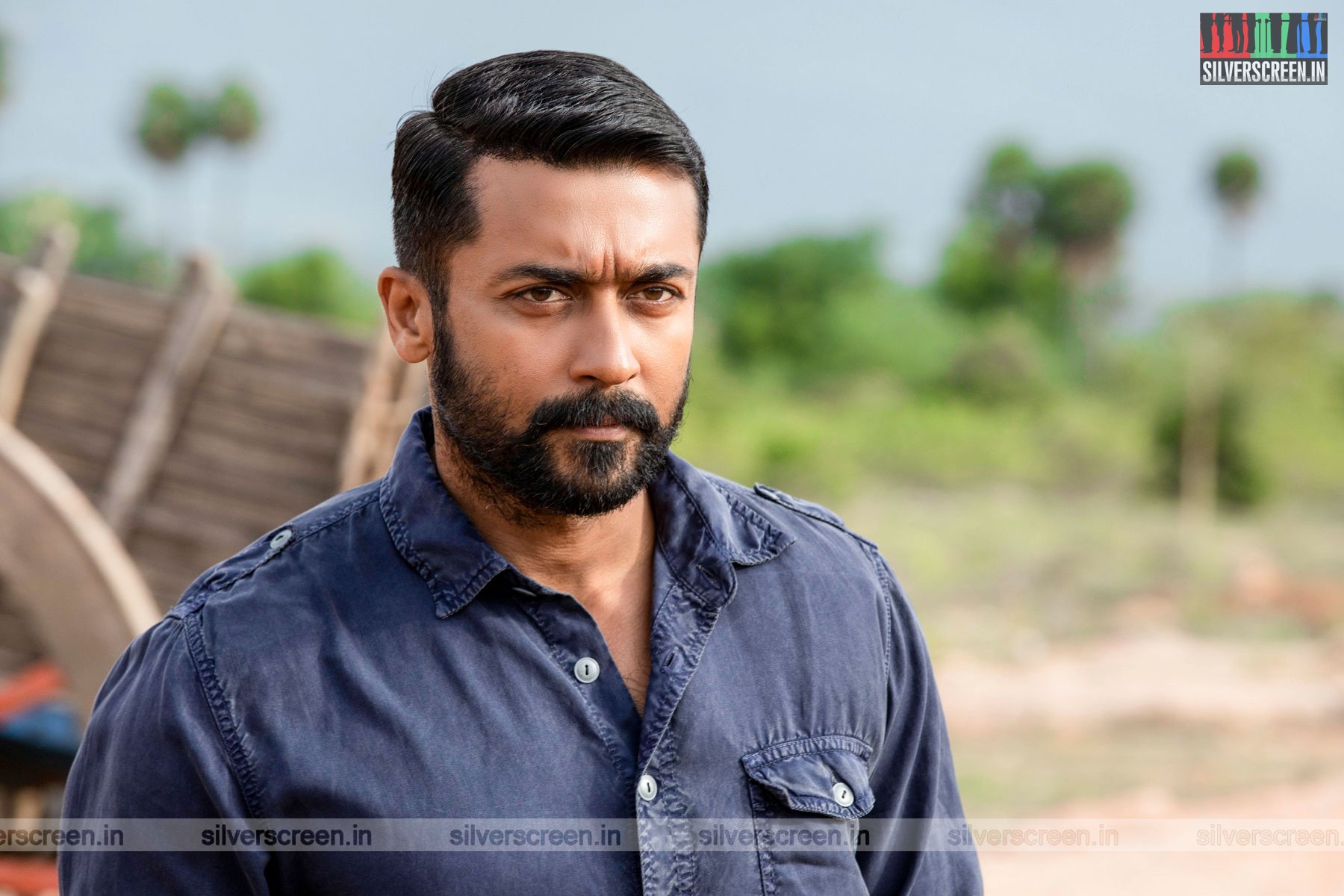A six-year-old Facebook group with over 25,000 members – and a passion for cinema – provides subtitles in Malayalam for films in foreign languages. Needless to say, MSone Malayalam Subtitles For Everyone is a not-for-profit outfit
It was a controversial statement by veteran filmmaker Adoor Gopalakrishnan that brought to the public sphere in Kerala the concept of Malayalam subtitles. In 2014, at a press conference ahead of the International Film Festival Of Kerala (IFFK), Adoor, who was then the film festival chairman, fielded questions on a new delegate filtering system that he had proposed. Only those who could read and understand English subtitles should attend film festivals, he said, categorically connecting a person’s proficiency in English to his/her ability to appreciate cinema. A group of delegates and film society members protested in Trivandrum, and subsequent discussions around it led to a demand for the use of Malayalam subtitles at film festival screenings.
Blame it on the centuries of colonial rule in India, English is regarded as a language of the elite and the urbane, and more importantly, an instrument of class divide. The primary purpose of native language subtitles is the democratization of cinephilia by erasing the English language barrier to a great extent, and helping common masses access cinema in foreign languages and from other cultures. In Kerala, where mainstream films command a substantial influence over the society, Malayalam subtitles could also play a major role in bridging the widening gap between the general public and the state’s parallel cinema institution which has over the years become a niche space, by improving the overall cine-literacy.
Film festivals in various parts of the world, like Cannes, Berlin or International Film Festival of Rotterdam, include special shows with native language subtitles for the local audience. Indian film festivals, however, use exclusively English subtitles in all the screenings. In 2015, for the first time in the history of IFFK, Nahid, an Iranian film, was screened with Malayalam subtitles prepared by director K Sreekuttan. Despite the positive response from the audience, the practice was discontinued.
“IFFK doesn’t use Malayalam subtitles because we can’t afford to do that. It isn’t easy to prepare the perfect subtitle. Filmmakers will have to send to us the film’s English subtitles and the script well in advance, and since we are a small festival, it isn’t possible to spend time on it. However, after every year’s festival, we organise a ‘Touring Talkies’ programme that goes to villages and small towns screening classics, and there, we use Malayalam subtitles,” says Bina Paul, IFFK creative director.
MSone Malayalam Subtitles For Everyone

Subtitling is now a booming business in India, thanks to streaming websites like Netflix and Prime Video. An Economic Times article dated January 13, 2019, says that besides subtitling Indian language content into English, the prime players in the field are also involved in translating English content into languages like Hindi, Tamil, Telugu, Bangla, and Marathi. While this is a recent development in the Mumbai-based giant entertainment industry, a Facebook group in Kerala has been operating since 2012, providing free Malayalam subtitles for films from languages ranging from Telugu to Icelandic. The count of films subtitled by the group crossed 980 recently.
MSone Malayalam Subtitles For Everyone has over 25,000 members who practice subtitling as a favorite hobby. The group was launched in October 2012 with two members, Sreejith Parippayi, who was then a student at IIT Madras, and Gokul Dinesh, an MCA student in Kochi, preparing Malayalam subtitles for the Iranian classic Children Of Heaven.
One of the founding members of the group, TK Pramod Kumar, is a 42-year-old business man from Aluva. Over a telephonic conversation with Silverscreen.in, he says. “In 2012, Sanal Kumar, a teacher at a government primary school in Irumpanam (near Kochi), screened Akira Kurosawa’s Dreams for his students with Malayalam subtitles that he had prepared. When I heard about it, I was impressed by the concept of Malayalam subtitles which I thought would be of great help for people like me who aren’t proficient enough to read and completely comprehend English subtitles. I posted a note on this topic in a cinema discussion group on Facebook. It led to two young members of the group preparing the subtitles for Children Of Heaven, and subsequently launching a Facebook group and website for subtitlers.”
The group’s membership grew manifold over the years, and now, every week, over 10 subtitles are added to its official website. “MSone is not an organisation, but a platform where users can find Malayalam subtitles and anyone with an interest in subtitling can submit their work. These days, we take special care in verifying the subtitles before adding them to the website to ensure that the quality of subtitles isn’t compromised on,” says Pramod.
Pramod Kumar is an ardent believer in the power of native language subtitles. He recounts the screening of an Ethiopian film at a community women’s programme in Aluva a few years ago with Malayalam subtitles prepared by MSone. “Over 500 women attended the screening of this feminist film, and after the screening, several of them actively took part in the discussion, spoke at length about various moments in the film that moved them. Most of those women worked in unskilled job sectors, and were not proficient in English or hadn’t seen any non-Malayalam film before. I am sure the Malayalam subtitles enabled them to enjoy the film.”
Akhila Premachandran, a chief reporter at Asianet News in Thiruvananthapuram, has been an active member of the group from January 2018. “Subtitling is a hobby. I do the work in between my day job, sometimes while waiting for a rickshaw or before going to bed. I completed 23 films recently,” she says.
It is the sheer interest in films and languages that keep subtitlers like her motivated. The group members work from different parts of the world, and most of them haven’t met one another yet. “There is a fellow subtitler who lives Norway. He does the subtitling on the daily tram journey between work and home,” says Akhila.
Akhila’s husband, Praveen Adoor, also a journalist, is one of the four administrators of MSone Facebook group. His team has a number of responsibilities like scanning the completed subtitles for errors, coordinating the preparation of posters (he is a designer himself) and film synopsis to be added to the subtitle folder.
Anyone with good command over Malayalam and English can be a subtitler, says Praveen. The subtitler has to notify the group members of the project she/he has chosen to work on, so that no two people are on the same film. Akhila uses an application called Easy Subtitles which lets the user work on the subtitle while watching the film.
Recommended
Praveen admits that at MSone too, it’s mainstream films from across the world that have the most demand. In order to bring diversity to the selection of films, the MSone group admins announce festivals like Classic June, Best Of IFFK, Oscar Fest etc at regular intervals. Subtitlers then choose from the list of films. As part of the recently concluded Animation Week, a range in anime films, including Studio Ghibli’s Spirited Away got Malayalam subtitles. The group released the English subtitles for Baba Saheb Ambedkar on January 26, and is working on a Malayalam version. “It was challenging since no English subtitle file of the film was available on the Internet. So we time-coded it, prepared English subtitles first, and now we are translating it to Malayalam,” says Akhila.
*****
Veteran film critic CS Venkiteswaran calls Malayalam subtitles the greatest revolution in the field of parallel cinema in Kerala in the last decade. “It’s time we recognised the efforts of Malayalam subtitlers as a sub-category of literature translation,” he points out in an essay published in Mathrubhumi newspaper in 2018.
One of the major technical differences between literal translation and subtitling is that the latter requires fitting lines to a certain screen-time and the space inside the frame. The technical constraints coupled with unavailability of subtitlers with great language skills and an academic interest in the field, has resulted in the production of many sub-par subtitles.



